Things you need to have in place if you are opening a business that involves food
At DDS (International), we are occasionally approached by newly-formed businesses that deal with the sale or manufacture of food. In order to comply with EU legislation it is essential that the business has a food safety management system in place that follows the principles of HACCP as laid down in Codex Alimentarius.
It is not uncommon, particularly with smaller businesses, for them to have not fully considered what is involved in keeping food safe for public consumption.
When creating a food safety management system it is important to consider all of the elements that could be hazardous to food and the business’ potential customers such as:-
* Bacteriological hazards, such as Salmonella sp. and E.Coli.
* Physical hazards, such as broken off parts of equipment, pest contamination, foreign objects entering the food.
* Chemical hazards, such as cleaning chemicals.
* Allergenic hazards such as customers being allergic to certain types of food
Once you have created your food safety management system it is vitally important that all staff that are going to be handling food in the premises are fully trained and understand the food safety management system. Records of this training must also be kept.
The sorts of things that should be considered in any food safety management system are:
Company Structure and Registration
- At the very beginning, the company should produce a health & safety policy, and food safety policy relating to the business. The person or persons who are going to be responsible for ensuring these policies are implemented should be documented, an organisation chart produced and responsibilities defined throughout the business.
- Any business that intends to sell food, must register with the local enforcement authority.
Purchasing Food
- In order to sell food to the public, a food business will first need to purchase the ingredients or products that it intends to sell. Therefore, considerations would need to be:
- What products do you need to purchase?
- Where are the products going to be supplied from?
- Are the suppliers reputable?
- Who is going to determine which suppliers are used? Will this be under strict management control?
- Do you inspect/audit the suppliers’ premises to ensure that they are observing hygienic practices?
Receiving Deliveries
- What procedures are put in place for the receipt of food from suppliers:
- Are the items being delivered of satisfactory quality?
- Are the items in date?
- Is the food delivered at the correct temperature?
- Is the cleanliness of the delivery vehicle satisfactory?
- What records are kept of food being delivered to the premises?
- Is there adequate storage available in the premises for food being delivered?
- How quickly is food stored in order to avoid the temperature of that food rising to unacceptable levels?
- What process is in place to ensure that old and new stock is rotated correctly, ensuring that older stock is used first.
- If food is being collected from a supplier, what method is going to be used to maintain the correct temperature while the food is in transit?
Storage of Food
- Identify the areas in the premises which are suitable for storage of food and those that are not.
- Will the ambient temperature of the premises affect the quality of foods that do not need to be chilled/frozen?
- How are the temperatures of the fridges and freezers in the premises monitored to ensure that they meet the required temperatures for the storage of food?
- What procedures are in place to ensure the correct rotation of stock (older stock used first)
- Are checks in place to monitor for signs of pest infestation? (droppings, gnawed containers or bags, spilt items etc.)
- How is the risk of contamination from the boxes/cartons that the food has been delivered in going to be mitigated?
- What procedures will be in place to ensure that all food is protected from contamination?
- Is there sufficient lighting available in food storage areas?
Transportation of Food
- If food is going to be leaving your premises before it is consumed what procedures will be in place to ensure that the food is kept safe during its journey such as cleanliness, suitability of vehicles and temperature control.
- What systems will be in place to monitor food leaving your premises, i.e. traceability records.
Product Recall
- If you are manufacturing or distributing food outside of the premises, a robust method of being able to recall that food needs to be in place in the event that a food safety issue is identified after it has left the premises.
Staff Training
- Has provision been made to ensure that all staff at least meet the minimum training requirements for both food safety and health and safety? Is the training commensurate with their level of duties.
- Will the business be able to demonstrate an effective training strategy through documented records of staff training?
Complaints
- Has a complaints policy and procedure been considered?
- How are complaints going to be recorded, investigated and dealt with effectively?
Waste
- All food business generate waste of one type or another therefore what arrangements will be in place to deal with the waste in a hygienic and safe manner?
- Will waste be stored in rigid, lockable bins to minimise the risk of attracting pests?
- Has the frequency of waste collections been considered to avoid unnecessary build-up?
Pest Control
- Will a professional pest control contractor be in place?
- Are the premises adequately pest-proofed?
- The premises should be routinely checked for signs of pests.
- Are staff able to recognise signs of pest activity, and would they be reported to management?
- Will an insecticutor be in place and regularly serviced?
- Will rodent bait boxes be used? Where will they be placed?
Cleaning
- Does your food safety management system include a detailed schedule of cleaning for your premises, including the method and frequency of each cleaning task?
- Does your cleaning schedule include periodic ‘deep cleaning’ where items that are harder to clean on a frequent basis are taken care of, such as ventilation ducting and difficult to reach/access non-food surfaces?
- An appropriate COSHH (Control of Substances Hazardous to Health) risk assessment must be in place for cleaning chemicals.
- What measures are in place to ensure that staff are adequately trained on the use of cleaning materials and machinery in the premises?
Allergens
- If you intend to serve food directly to customers in a catering environment, what procedures are in place to ensure that customers with allergies are not served food containing those allergens?
- How do you intend to train staff on the importance of dealing with customers who have allergies correctly, to avoid potentially fatal outcomes?
- If you are manufacturing food do you have the right labelling in place to inform your customers what allergens are in the product (EU FIC Regs).
The above pointers are by no means exhaustive, but serve to highlight that any business that intends to manufacture, distribute or serve food must have a robust food safety management system in place. At DDS (International), we have many years of experience in helping numerous clients put these management systems in place to ensure that not only can they be proud of the great results they achieve with local authority inspections, but that can be confident that their customers are receiving food which is hygienic and safe to eat.

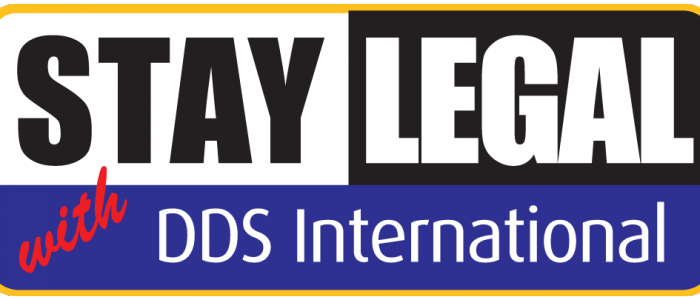
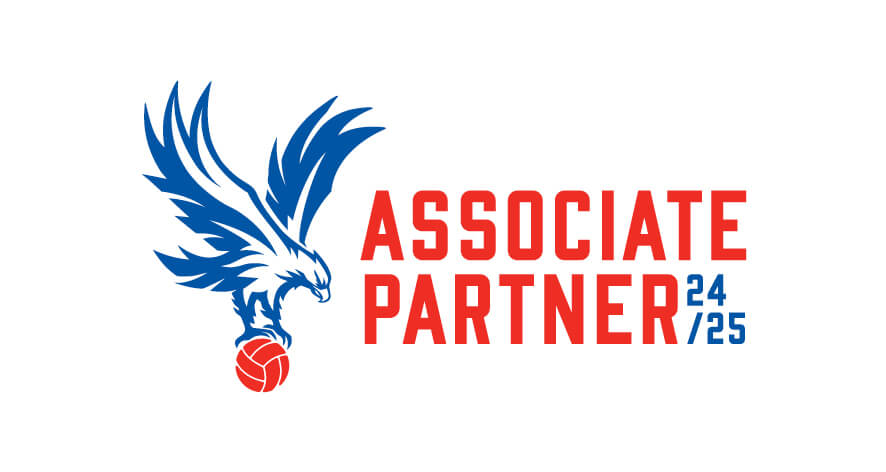
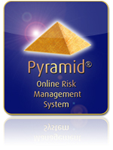


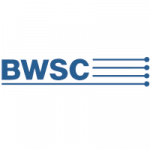
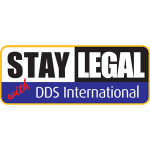

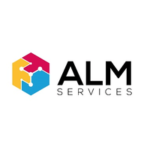
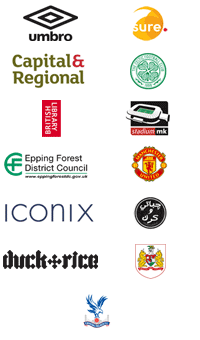
Comments are closed.